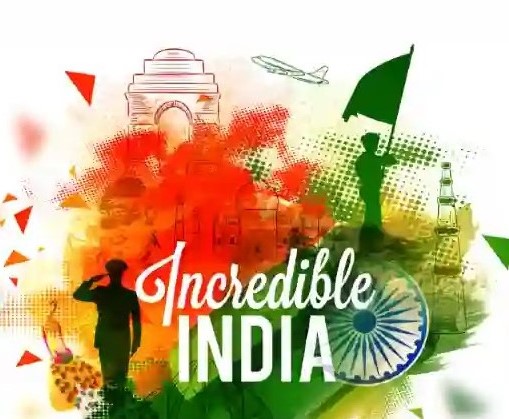
The Covid-19 pandemic in India has breathed new life into emerging startups to maximize the potential for a global shift from local and in-person to digital reality. In times like these, reaching all parts of a country that is still in the early years of technological advances, especially at the local level, has been a major challenge.
While big cities are better connected to the online space, the pandemic has made it difficult for people in remote and rural areas. Lokal CEO and co-founder Jani Pasha said the pandemic is a tipping point for the global economy. Due to the lockdowns, the digital divide has continued to widen to highlight the lack of connectivity, mobility and insufficient awareness in rural areas.
As India’s first city ‘super app’, Lokal strives to empower local businesses and entrepreneurs by helping them reach the right audience and helping local people get regional job updates, weddings, real estate and classifieds. Ultimately, Lokal aims to become a “complete multi-function app” for cities and communities, enabling its users to explore the true potential of the internet beyond entertainment.
Discussing the barriers to delivering content to less savvy audiences, Pasha, who was featured on the Forbes 30 under 30 Asia 2020 list, said it was important to bridge the connectivity gap and opportunities between the cities close to non-metropolitan areas. For most of these users, WhatsApp has long been the equivalent of the internet. The biggest hurdle was redirecting the customers from entertainment to explore meaningful opportunities, since users inherently tend to consume content for pleasure, he said.
The digital divide in India starts at the basic level and a pandemic was enough to put it in the spotlight. With schools closed, the education sector faced an immediate need to transform and foster a symbiotic relationship with technology. Edtech for India will be a real game changer, says Gaurav Goel, founder of Samagra, a mission-driven government consultancy that works with central and state governments on all fronts to make an impact in the country.
Even before the world knew about the coronavirus, Samagra began bridging the digital divide, working with state bureaucratic leaders to solve complex, large-scale governance problems in areas like education and employment. As part of an initiative called “Saksham Haryana,” the company has worked with the Haryana government to give five lakh tablets free to students in grades 11 and 12, and another three lakh tablets to students in grades 9 and 10.
In Uttar Pradesh, the company provided basic literacy and numeracy skills to 1.2 million public primary school children as part of an initiative called ‘Mission Prerna’. It’s the cornerstone of the nationwide NIPUN Bharat mission, many of which are inspired by the Prerna mission, says Goel, who quit his high-paying job at McKinsey to follow his passion.
Samagra has also partnered with Google to develop the Prerna Lakshya app to be used by parents and teachers to assess students and also help them practice weaker skills. In addition, the company has also been involved in the agriculture, healthcare, utilities and education sectors. Launch of the KALIA program in Odisha, offering life insurance coverage of ₹2 lakh at a nominal premium to landless farmers and farm workers aged 18-50 with a savings account.
Goel adds that they have been instrumental in changing this narrative by working with the Odisha government to design and facilitate the implementation of their flagship KALIA program. KALIA was also the forerunner of the central government’s PM-KISAN. However, all this was not easy, since they had to “change their mind” from technical solutions.
Pasha says that in recent years, government and investor sentiment has been seen to be very positive towards the burgeoning startup ecosystem. The growing industry is already projected as the backbone of the economy; Various strategies and initiatives have also been put in place to foster progress.
He said that for entrepreneurs looking to work in India, now seems like a good time to hit the nail on the head compared to recent years. The journey from India at 75 years of independence to India at 100 years will be transformative. Now is the time to go back and help make the next 25 years count. Samagra founder Goel clarifies the vision for those aspiring to join the ecosystem.
This article is shared by www.itechscripts.com | A leading resource of inspired clone scripts. It offers hundreds of popular scripts that are used by thousands of small and medium enterprises.